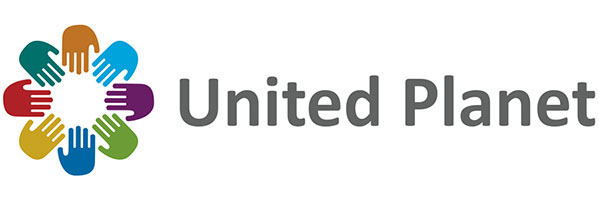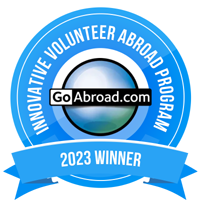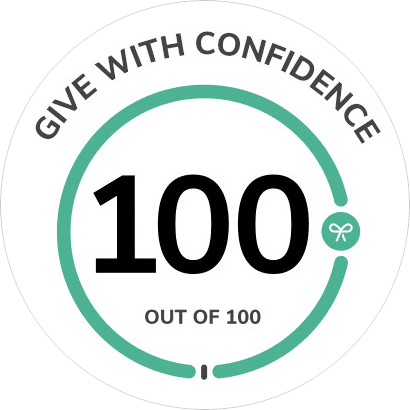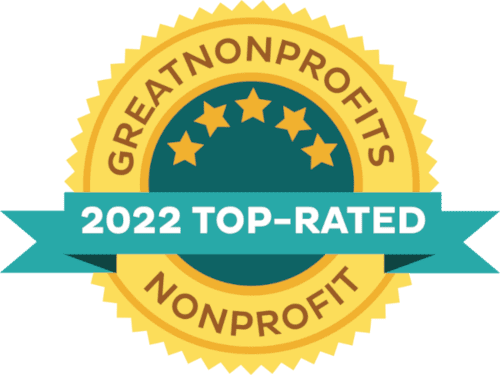U.S. Department of State program for Emerging Youth Leaders and young journalists will bring Mongolian students to Boston and Washington, DC this fall.
Jean Charles, a seventeen-year-old senior at the John D. O’Bryant School of Math and Science in Roxbury, doesn’t remember his first trip on a plane — as a baby traveling from Haiti. He will never forget his second. In July, Jean flew over 30 hours to Mongolia via Washington D.C. and Beijing. “I got very used to being in a plane,” he says. Many more unfamiliar experiences, however, were ahead for Jean.

Some of the group, ready to explore
Jean was one of 11 Boston Public School students and three teachers selected to join a three-week expedition to Mongolia as participants in the U.S. Department of State’s U.S.-Mongolia Emerging Youth Leaders Program. This October, Mongolian teenagers will travel to Boston to learn about journalism and the role of free expression in democratic society.
The program is supported by a grant from the Bureau of Educational and Cultural Affairs, and coordinated by United Planet, a Boston-based nonprofit that offers volunteer abroad programs; and iEARN, the world’s largest educational network for project-based learning.
Enrolled at Boston Latin, Quincy Upper, and Snowden School, as well as O’Bryant, the students represent the diversity and talent in Boston’s public schools.
They were each selected, says Caitlin Ferrarini, International Programs Manager at United Planet, because they were “involved in extracurricular activities, had an interest in journalism and free expression, were mature and independent, and were good students. We also tried to select kids who hadn’t had many opportunities to travel, especially internationally. A few kids were flying for the first time ever – it was really eye-opening!”
When they arrived in Mongolia, the students met their host families and visited schools, media outlets, an orphanage, historic sites, and nomadic herders in their ger tents (or yurts) in the desert.

It isn’t every day one can “plank” in the Gobi Desert
They wrote newspaper articles and explored the meaning of free speech with their Mongolian peers. They learned to play games with goat anklebones and taught their hosts the latest Hip Hop dance moves. They heard harmonic throat singing, rode camels, and drank fermented mare’s milk. The American fad of planking – in which players compete to “plank” or lie like a board on top of unusual locations – may have found its champions when the Boston students planked on sand dunes in the Gobi desert.
Jean brought home a new sense that “the world is a lot smaller than I thought it would be.” He was struck that “as far away as they live, a lot of Mongolians we met spoke English really well – along with Russian and Mongolian – when Americans struggle to speak a second, or even one. Now I want to learn more languages myself.”
As a member of the Boston Student Advisory Council, Jean was impressed with the schools in Mongolia. “All the parents, teachers and students there are involved in the schools. I hope I can emphasize the importance of being involved in your school through my work on the Council.”

A boy and his goat
The American and Mongolian students are now staying in touch through Facebook, and can’t wait to see each other again when the Mongolians visit Boston this fall. “I’m saving up to take my host brother to the Galleria and shop for sneakers,” says Jean. “I’d love it if he could go to a Red Sox or a Patriots game.”
The Mongolian students will spend two weeks in Boston, visiting and learning; they will tour the Emerson College radio station, visit the BU Center for Investigative Journalism, interview homeless people, drop by the MIT Center for Future Civic Media, and more. The third week, they will be in Washington, DC, where they will tour Capitol Hill and the Supreme Court, visit the Smithsonian, and more.
About Mongolia
Mongolia, a landlocked country in East and Central Asia, is bordered by Russia and the People’s Republic of China. Mongolia’s political system is now a parliamentary republic; during the last century, its politics were similar to those in the USSR, until a democratic revolution in 1990 led to a multi-party system, a new constitution in 1992, and transition to a market economy. Since 2006, the media environment has been improving with the government debating a new Freedom of Information Act, and the removal of any affiliation of media outlets with the government. Market reforms have led to an increasing number of people working in the media, along with students at journalism schools.
The project is a program of the U.S. Department of State, Bureau of Educational and Cultural Affairs. It is being managed and implemented by United Planet (based in Boston, MA) and iEARN (International Education and Resource Network).
About iEARN
iEARN was launched in 1988 as a pilot project between the US and former USSR to demonstrate that students could use emerging new technologies to work together on meaningful educational projects that enhance the quality of life on the planet. It is iEARN’s vision that if students start working together globally from the earliest ages (5-19), they will learn better through experiential interaction with peers in other countries and learn that the world’s issues can be resolved by collaborative solutions. iEARN has grown to become the world’s largest educational network for project-based learning, with programs in more than 130 countries.
iEARN-USA was awarded the 2003 Goldman Sachs Foundation Prize for Excellence in International Education and is a 2004 Tech Museum Laureate winner for “technology benefiting humanity.” Please visit www.iearn.org or e-mail: iearn@us.iearn.org iEARN-USA is based in New York City.
About MEA
The Mongolian Education Alliance is an independent non-governmental organization established in July 2004 as a successor to the education program or the former Mongolian Foundation for Open Society. Th mission of MEA is to strengthen and sustain the network of local and international partners that contribute to open society values such as transparency, accountability, participation, equal access in the Mongolian education sector; identify underserved areas of educational reform; and initiate projects supporting reform in teacher development, student center learning, and community involvement. MEA is the officially designated iEARN representative for Mongolia
About ECA
The Bureau of Educational and Cultural Affairs (ECA) of the U.S. Department of State fosters mutual understanding between the people of the United States and the people of other countries to promote friendly, and peaceful relations, as mandated by the Mutual Educational and Cultural Exchange Act of 1961.
ECA accomplishes its mission through a range of programs based on the benefits of mutual understanding, international educational and cultural exchange, and leadership development. We engage youth, students, educators, artists, athletes, and rising leaders in many fields in the United States and more than 160 countries through academic, cultural, sports, and professional exchanges. Striving to reflect the diversity of the United States and global society, ECA programs, funding, and other activities encourage the involvement of American and international participants from traditionally underrepresented groups, including women, racial and ethnic minorities, and people with disabilities.
ECA exchange program alumni encompass over 1 million people around the world, including more than 50 Nobel Laureates and over 350 current and former heads of state and government.
ABOUT UNITED PLANET
United Planet is a non-profit organization with a mission to create a global community, one relationship at a time. Established in 2001, United Planet offers volunteer abroad, virtual internships, internships abroad, gap year volunteering, and global virtual exchange in more than 40 countries.





